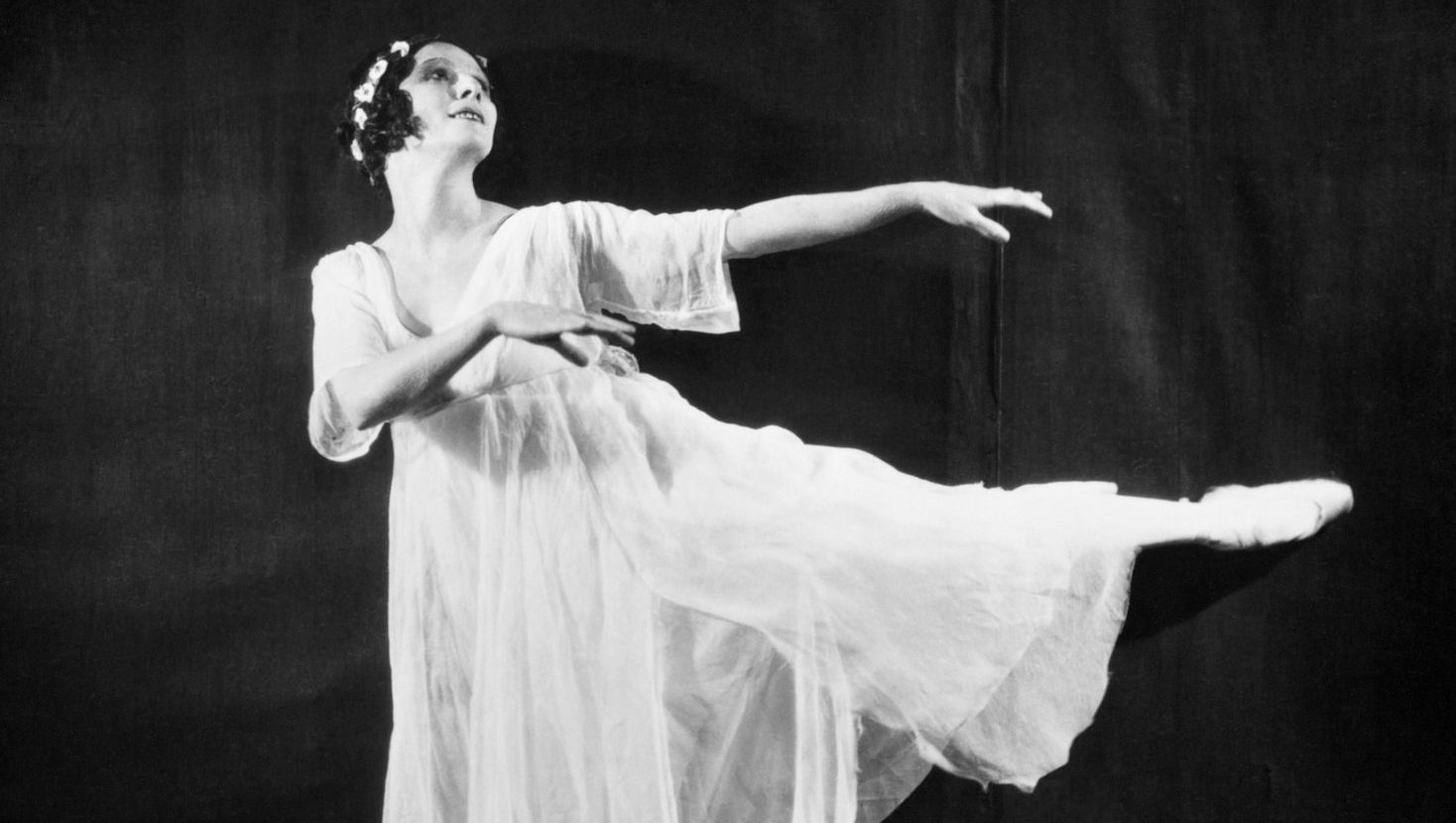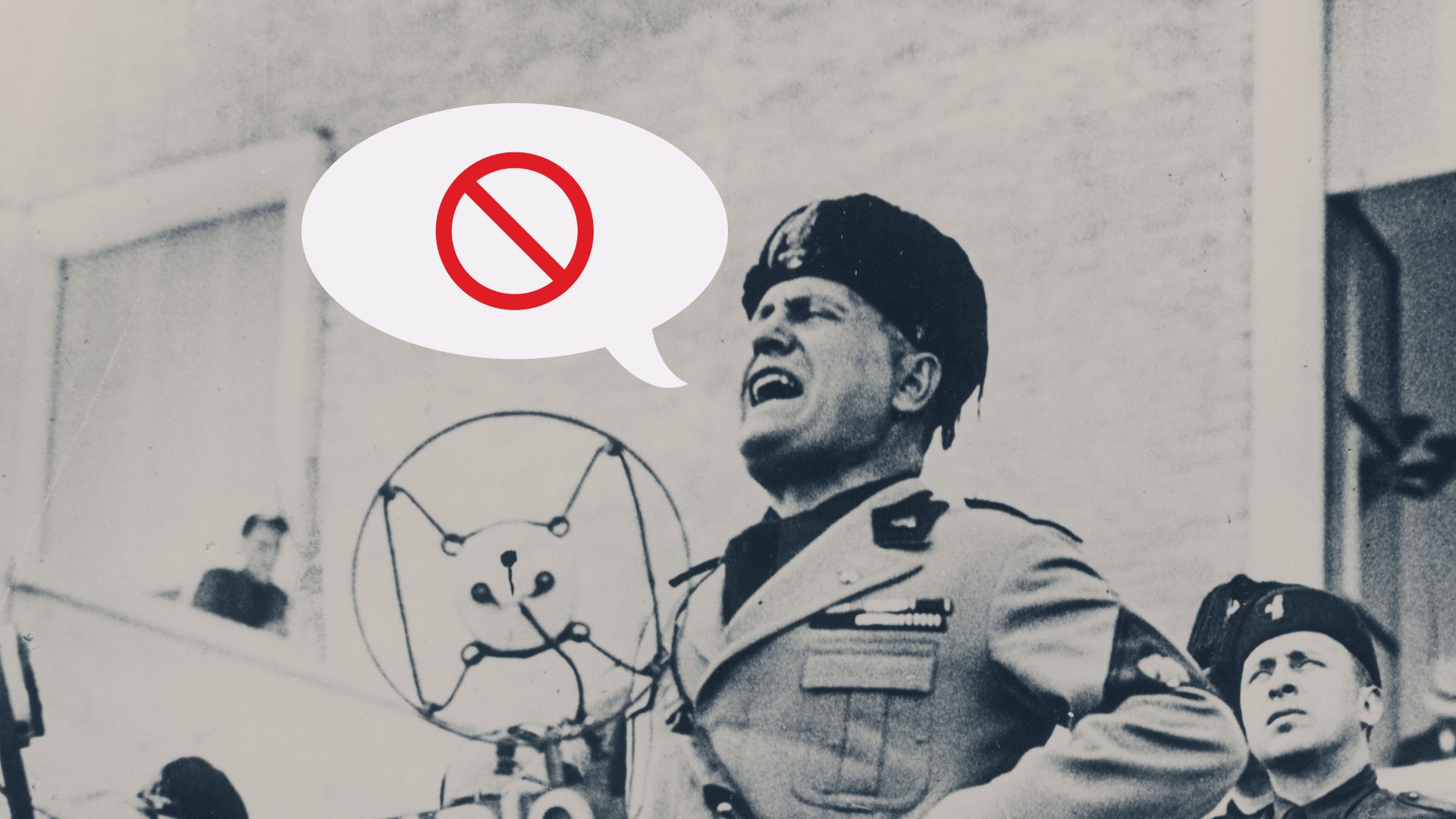She’d only just drifted off to sleep when the train lurched to a sudden stop, knocking her against the wall of the cabin. Climbing out of her bunk, Anna
Pavlova padded to the window and pulled aside the curtain. In the dark she
could just make out what looked like fields. From somewhere in the gloom
came the hiss of boilers and raised voices. She checked the time – they were barely an hour out of Cannes.
Spending Christmas 1930 in the south of France had been a rare break from
the relentless touring schedule she’d followed for more than 20 years. Her
50th birthday was looming and her ballerina’s body was starting to demand
rest. So rest she did. Apart from the two hours of stretching and exercising every morning, of course. That didn’t count.
They were due in Paris in the morning, the first of four days of rehearsal before departing for The Hague and the next procession of trains, hotels and theatres in Germany, Poland and the Baltic states. At least she’d be able to visit her mother in Riga. It had been a while.
Her mother had started all this when Anna was eight years old. How she’d
saved the money for the tickets to see Marius Petipa’s The Sleeping Beauty at
the Mariinsky Theatre in St Petersburg Pavlova couldn’t imagine. They were the cheapest seats, right up in the gods, but on a laundress’s wage, she must have gone without all sorts to pay for them.
The effect, though, was priceless. From the moment they arrived, Pavlova was utterly entranced. The soft, golden light from the lamps, the plaster
detailing in the ceiling, the dark red velour of the seats, the hubbub as the
audience found their places and the fluttering sounds of the musicians warming up – by the time the house lights dimmed to signal the start of the performance she was nauseous with excitement.
Then the dancers emerged from the wings into the stage lights, defying gravity with their movement and poise, bringing life to the music. Even for an eight-year-old, the experience was practically transcendental. From that
night Pavlova knew that ballet was her destiny.
She pulled a coat over her silk pyjamas and looked out into the train corridor. Farther up the carriage another bleary head emerged from a cabin, caught her eye, shrugged and ducked back inside. Pavlova slipped into her shoes and walked up the corridor towards the carriage door.
After The Sleeping Beauty she had become obsessed, twirling through the tiny apartment, aping the moves of the dancers until her mother took her to the Imperial Ballet School. Too young, they said, too slight. Dancers then were made of sturdier stuff than the sickly looking nine-year-old blinking back tears at the rejection. No matter. She returned the following year and was accepted.
Nobody worked harder. Mocked by the physically more imposing girls as
“the broomstick”, Pavlova signed up for as many extra classes as she could and was rarely out of the practice studios.
“No-one succeeds by talent alone,” she said. “God provides the talent; hard
work turns it into genius.”
On graduating at 18 she bypassed the traditional promotion into the company’s corps de ballet in favour of the higher-ranking coryphée, indicating the Imperial Ballet had recognised the very special dancer in their midst. Petipa, the man whose work had fired her desire in the first place, loved her and by 1906 she was prima ballerina.
By then she had begun performing what became her signature dance, the
Dying Swan, choreographed to music by Saint-Saëns. Fluttering around the
stage on her points, everything above her waist became that bird. Her arms,
right to the tips of her fingers, moved like wings, her head and neck turning
and swooping with the music in a performance that would bring standing ovations across the world.
Every time she danced the Dying Swan she thought of an eight-year-old girl up in the gods, wide-eyed, astonished, breathless with awe. It’s what drove her on and inspired her to start her own company after a brief association with the Ballet Russes. She’d tried dancing the lead in Stravinsky’s Firebird but it was all wrong, the avant-garde score, the jerky movements, this wasn’t the ballet she loved.
Freed of ties to any company but her own, Pavlova began touring the world
relentlessly, crossing the US coast to coast practically every year as well as
performing through Europe and Asia – one biographer estimated that half her professional career was spent on trains and ships. She was so famous that the gardener at her home in Hampstead, north London, appeared in
advertisements for lawnmowers.
It wasn’t all down to the dancing, brilliant as it was. Pavlova had a star quality beyond technique and musical interpretation.
“When she laughs the house laughs with her,” said the Times of her London
debut in 1910, “when she looks tragic the audience is seized by a queer sense of foreboding.”
Touting and performing with the zeal of an evangelist, Pavlova somehow resisted the travails of advancing years, staying as lithe, supple and fit as she
ever was. Even when sharing the stage with ballerinas half her age she outdanced and outshone them all.
When she stepped down from the carriage on to the trackside the icy wind
cut through her flimsy coat. If there was to be a delay she needed to know; after her Cannes rest she could spare no rehearsal time to reach her full
sharpness again. Her breath clouded as she trudged through the darkness
towards the lanterns and voices. When she arrived, shivering, she saw the
engine had shunted into the back of a goods train. The damage was superficial, they said, once the goods train could be moved they’d be on their
way. Hurry back to your cabin, madame, said a man with a face blackened by soot, concern in his eyes. It’s too cold out here, you’ll catch your death.
The fever began almost as soon as they reached Paris and she was forced to miss rehearsals. She hated missing rehearsals. Insisting on travelling on to
The Hague as planned, she had to be helped on to the train and was put to bed at the Hotel des Indes as soon as she arrived. Pleurisy, the doctor said, not good. Even as she ailed, her breathing growing shallower by the hour, she tried to reschedule rehearsals, refusing to cancel. At midnight on the night before the show she whispered raspingly her maid to prepare her Dying Swan costume. They were her last words.
Pavlova had always insisted she could never envision a life without dancing.
Withdrawn from the magic she’d absorbed that night in St Petersburg and
dedicated her life to sharing with audiences across the globe, well, it would be no life at all.
“I wouldn’t give up dancing for all the world,” she said, “You know the phrase
‘sing away your troubles’? We might as well say ‘dance away your troubles’.
“Because you can, you know.”




